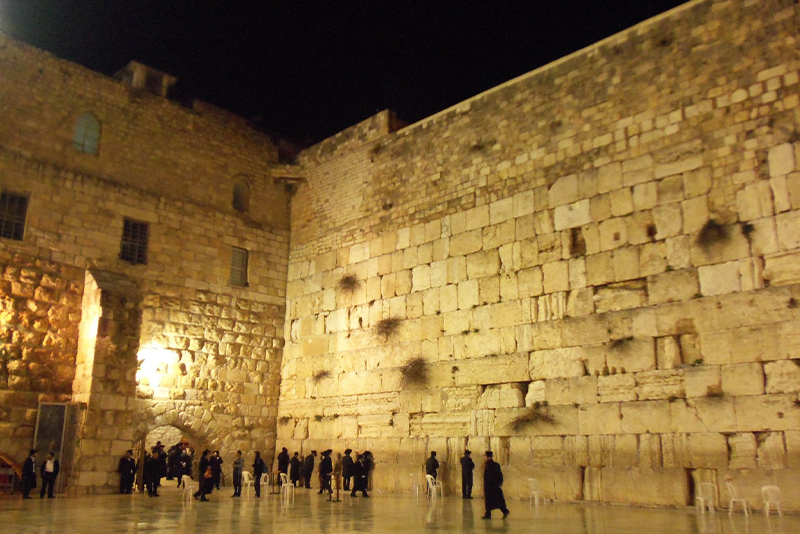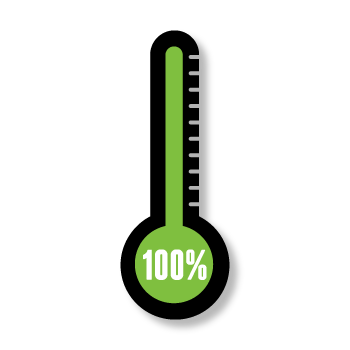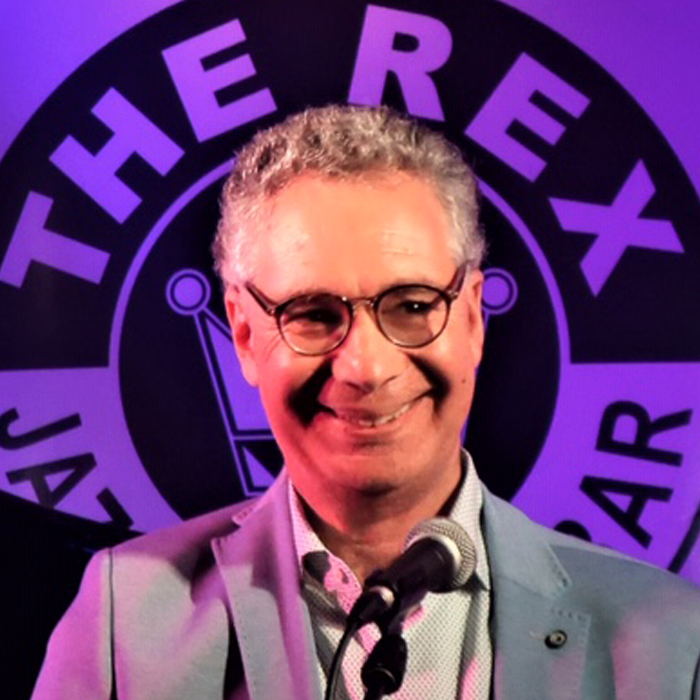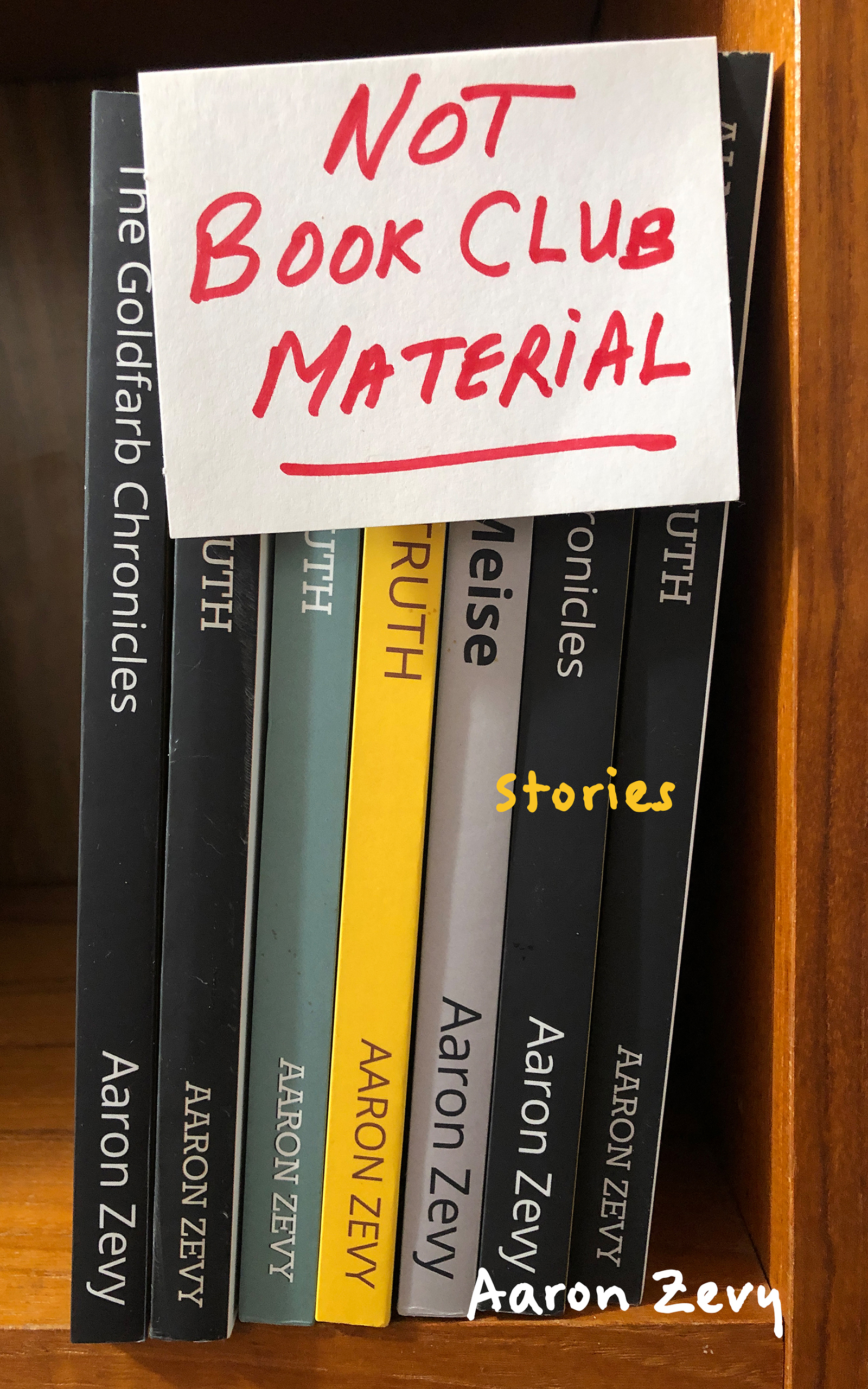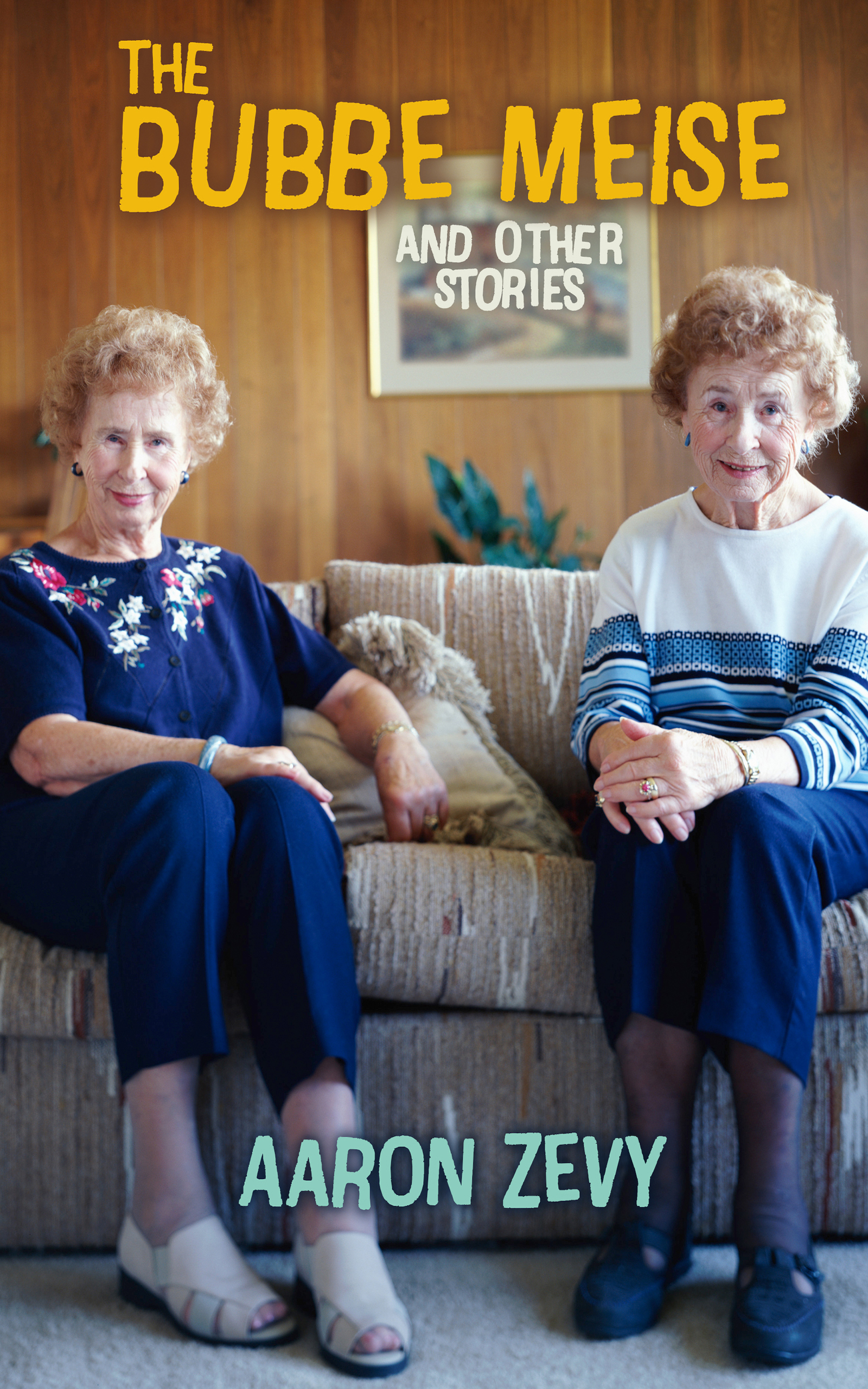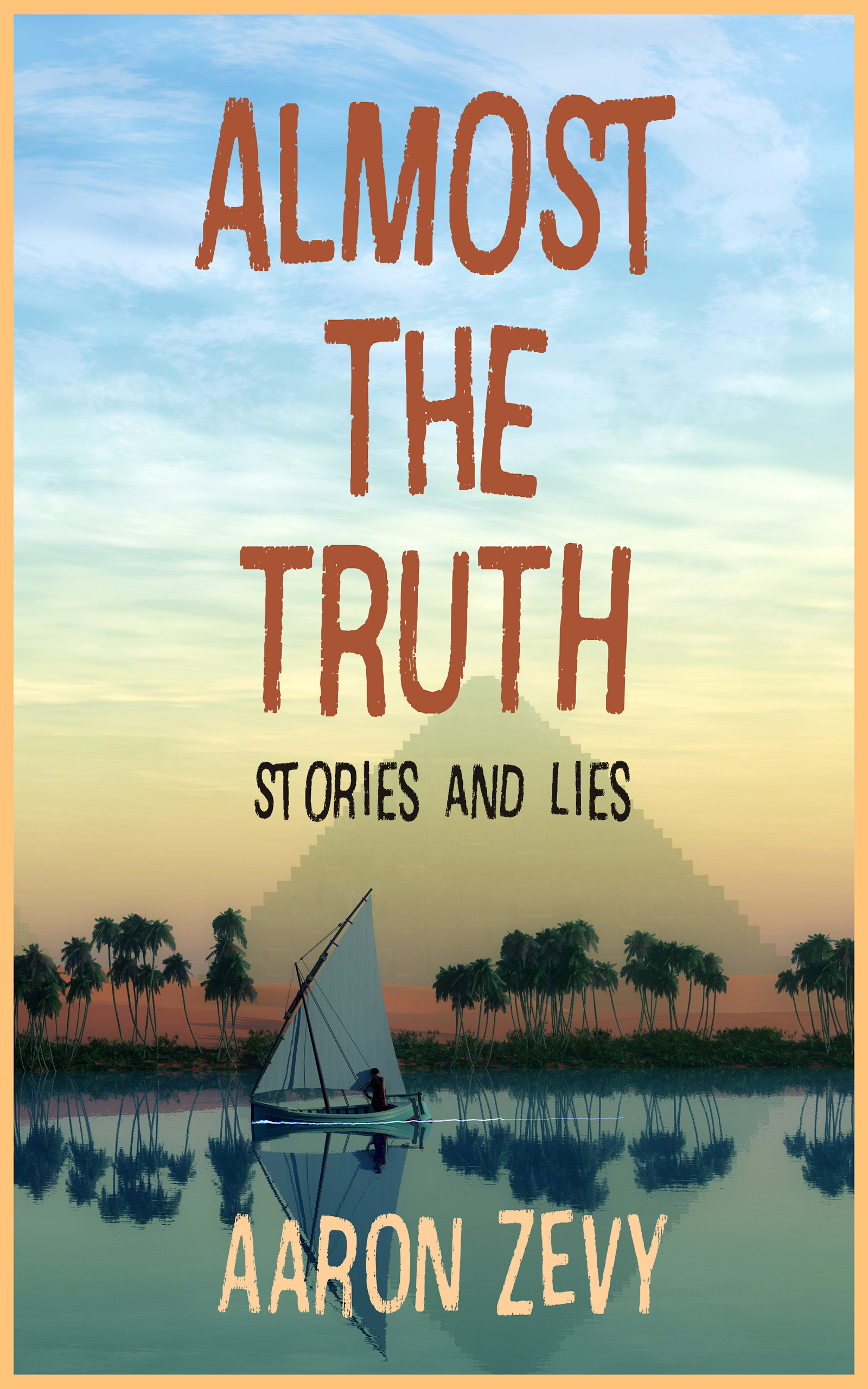When Harold heard I was going to Israel to visit my sister, he asked if I could bring something for him. Now Harold and I have been friends for a long time, and he is well-aware of my no-shlepping rule, so I knew he wasn’t going to saddle me with a big package. Truth be told, I knew he wasn’t going to saddle me with any package at all. So I was pretty confident when I walked into his house. My confidence was not unfounded, because he directed me to a small folded piece of paper which lay on the kitchen table. I immediately knew what it was for, and I quickly told him I didn't think I would be going to Jerusalem this time.
He said, “Take it just in case.”
I said, “Okay.”
My brother, sister-in-law, and youngest niece, Rena, were going to Israel in order to visit my sister and her family.
My sister lives in the town of Ramat Beit Shemesh. It is an Anglo-Orthodox town located almost midway between Tel Aviv and Jerusalem. I say Anglo because most of the inhabitants are former Americans, Canadians, Brits, and South Africans. There are native-born Israelis, but it is predominantly families who immigrated to Israel—made aliyah—from elsewhere. Many, not all, are also former secular Jews who then became more religious later in their lives. My sister and brother-in-law fit into that category. It is said one can gauge the type of Jew you are by your choice of head covering. My brother-in-law and his sons and sons-in-law all wear black hats. They are strictly kosher and pray three times a day.
I don’t cover my head and enjoy the occasional cheeseburger.
But despite our differences, we are a very close family.
We were staying at a hotel in Tel Aviv and the plan was to split up our time between the beach and visiting our family.
We arrived on a Tuesday and we all dined together on Wednesday night, on Thursday night, and then spent the entire Sabbath at their house in Ramat Beit Shemesh. Friday night dinner. Saturday lunch. Saturday dinner.
It was fantastic!
My sister is a great cook and hanging out with my nephews, nieces, and their respective babies was a real treat.
My sister is an actual bonafide matchmaker and has quite the reputation in her town. Neighbours dropped by all day in order to greet the ‘brothers from America.’
Let me say it again—it was fantastic!
But, much like the famed scene in Blazing Saddles, by the end of the day on Saturday, the sun couldn't set fast enough for us.
We said our goodbyes and took a taxi back to our hotel in Tel Aviv.
Sunday was a pool and beach day. We rented bikes and ambled down the ‘Tayelet,’ the Tel Aviv beach promenade. We texted with my sister and the kids during the day but mostly just to touch base.
We ended the day on the beach with olives and hummus and a cold Israeli beer.
Rena asked if we were going to see the family that night, but it looked like we would have a night alone. We really didn't feel like going back to Ramat Beit Shemesh.
We threw out the idea of meeting in Tel Aviv for dinner, but although Tel Aviv was but 40 minutes away, my sister had only been five times in 15 years.
“Why would I go to Tel Aviv?” she would say. I knew what she meant. Tel Aviv was the center of secular non-religious life in Israel. It was easier to find a kosher restaurant in Toronto.
So we knew our offer was akin to a Yom Kippur lunch invitation.
But then my brother and I began to feel guilty.
“If you want, we’ll meet you in Jerusalem for dinner.”
It was 8:00, we hadn't showered, and Jerusalem was an hour away.
Now you have to understand. Three of the kids had babies. My sister didn't like to leave the house at the best of times. Only one of them even had a car.
So, it was mostly just a bluff.
My niece Shoshanah was the first to call the bluff.
She texted, “The Marcuses are in! We will take the train.”
Then Ariel said, “Okay, Jerusalem sounds fun.”
Then Natan said, “Us too. We might be a little late.”
Then Ben, Ben who had two babies who already should have been in bed, who was careful and deliberate, said, “We just ordered a taxi.”
Now although my sister is loath to leave the house, certainly at this hour, she is stricken by a greater affliction.
FOMO.
Fear of missing out.
So her text, “We’re also on our way,” did not come as a surprise.
Rena was thrilled. My sister-in-law, to her credit, was a real sport. “It will be an adventure,” she said.
We jumped in a taxi of our own and made our way to Jerusalem.
It was a little after 10:00 when we made it to Mamilla Mall—the shopping and restaurant mall just outside the gates of the Old City.
Fearing we might not get a taxi to get home, I threw down some bills and asked our driver if he wouldn’t might waiting. I said we wouldn't be long.
We were a big group. We sent out a team to try to secure a table for 12. The Italian restaurant seemed perfect, but Ben wanted to first talk to their kashrut supervisor to make sure it was at their level of kosher. My brother gives me a look. He is going to faint from hunger. Luckily my brother-in-law arrives and gives the thumbs-up. We can eat here.
Our waitress is Tali. My sister begins to pepper her with questions. “What does it come with?” “Can I substitute this?” My brother bangs his head on the table. I decide to take over. I order multiple pizzas, pastas, and salads. I over-order.
“Ronnie, that is way too much,” argues my sister.
“Who will take leftovers home?” I ask.
Everyone raises their hands.
Dinner is great, but it is now midnight. I am worried about the taxi driver. I dial the number, but Natan takes my phone.
“Achi—my brother—” he says. “This is Gingi—he uses the Hebrew term for redhead—we are going to be a little late. Beseder? Okay?”
The taxi driver says, “Eyn bayot. No problem.”
We are too full for dessert. Leftovers are being packaged. Babies being once again rocked to sleep. It was a bonus dinner manufactured from whole cloth. You can say what you want, but you just can’t beat family.
It is late. We are exhausted. We still have an hour ride back to Tel Aviv. But it was worth it.
We begin to say our goodbyes, and then my sister shocks the hell out of me by saying, “We have to go to the Kotel.” The Wailing Wall. The Western Wall. It is the holiest and most revered place in all of Judaism.
I say, “What?”
My sister calmly says, “You can’t go to Jerusalem without going to the Kotel.”
I say, “It is 12:30 am.”
But Rena says, “She’s kinda right, Uncle Ronnie. You can’t go to Jerusalem without going to the Kotel.”
Everyone agrees.
I hand the phone to Natan.
He calls the taxi driver.
“Achi,” he says, “it is Gingi. Tishma, listen, we are going to the Kotel.” They are now talking like old friends. The taxi driver says he isn’t going anywhere.
So the 12 of us, pushing baby carriages through the narrow cobblestone streets of the Armenian Quarter, make our way to the Kotel.
We turn the corner, past the old ladies selling red thread to ward off the evil eye, and there it is.
The Kotel.
And the courtyard is packed. It is teeming with people.
Black hats.
Knit kippas.
Baseball caps.
No hats.
Everyone goes to say a prayer.
I am not religious.
I don’t pray.
But now I remember my friend Harold has given me a note to slip in between the cracks in the wall. The Jewish equivalent of throwing coins into Trevi Fountain. I had forgotten about it, and between seeing my family and being in Tel Aviv, we hadn't been to Jerusalem. I push my way through the throngs of men who are swaying back and forth in deep prayer and find myself in front of the wall. This ancient wall which was said to have been some part of the old temple. I pull out my wallet and find the note. The cracks in front of me are already full of notes. I don’t know what becomes of them. I guess they get gathered every morning and sent to some rabbis. I really don’t know.
Anyway, I don’t really want Harold’s note to get mixed up with the others. He has MS. He is in a wheelchair. I mean, I don’t really believe in this stuff, but I am here. My sister’s stubbornness has put me right here.
I see a crack, but it is out of my reach. I turn to two black-hat-cladded men, really just boys, praying next to me. One catches my eye and I point to the crack. I try to formulate a request in Hebrew in my head but I don't have to. Within five seconds, I am given a boost. Like the boost I used to get to sneak over the wall into the public pool back in Montreal. I slip in the note and start to thank the boosters but they have resumed their prayers.
My family regroups.
I say, “Can we go now?”
My sister says, “Now we can go.”
The taxi driver and Natan hug.
We all want to sleep in the car, but the taxi driver announces he has cataracts. He doesn’t usually drive at night.
I volunteer to stay up and guide him back to Tel Aviv.
Truth is, I am no longer all that tired. I am a little wired. I might have a touch of Jerusalem Fever.
Shoshanah texts the next day, “Thanks, Uncle Ronnie and Uncle Dov. Best night ever!”
She is not wrong.
Back in Toronto, I invite myself for lunch at Harold’s house. They have hummus and olives. I tell him I delivered his note. I tell him I slipped it into one of the higher cracks.
“Closer to God,” he says. But I know he is mocking me.
“So what was in the note?” I ask. “Or is it like a birthday wish?”
He is smiling now. His wife, Gili, is laughing.
I wait. And then he tells me.
“The note was blank. I just wanted to get you to the Kotel.”
The end.

